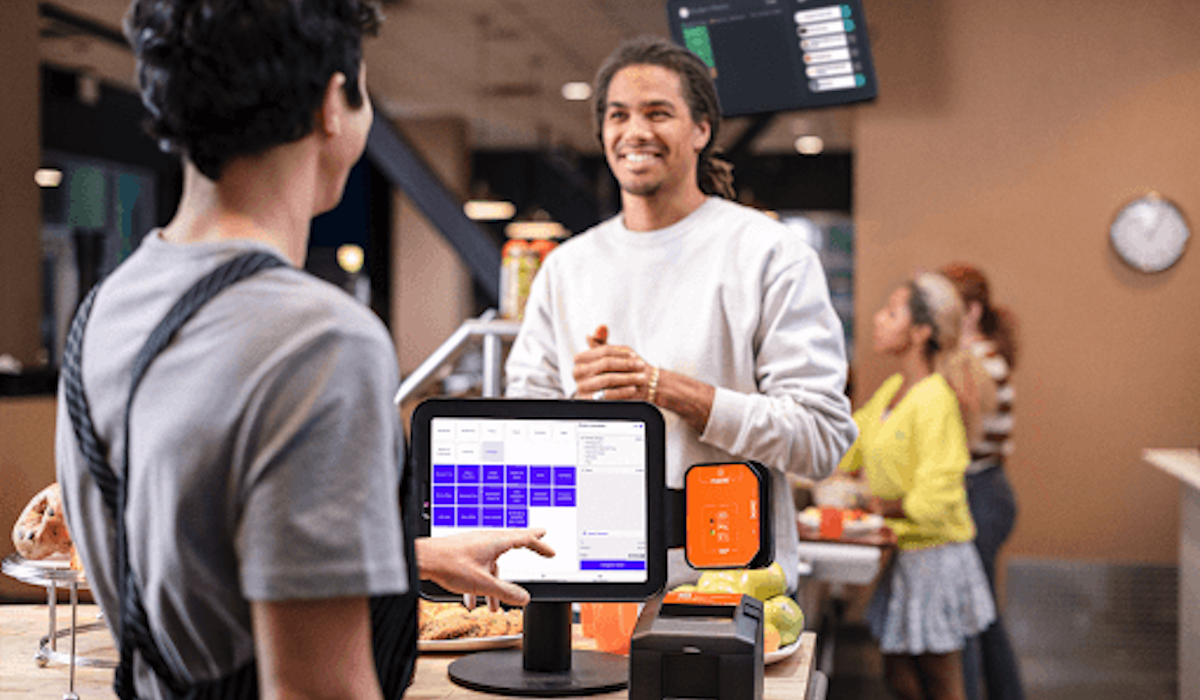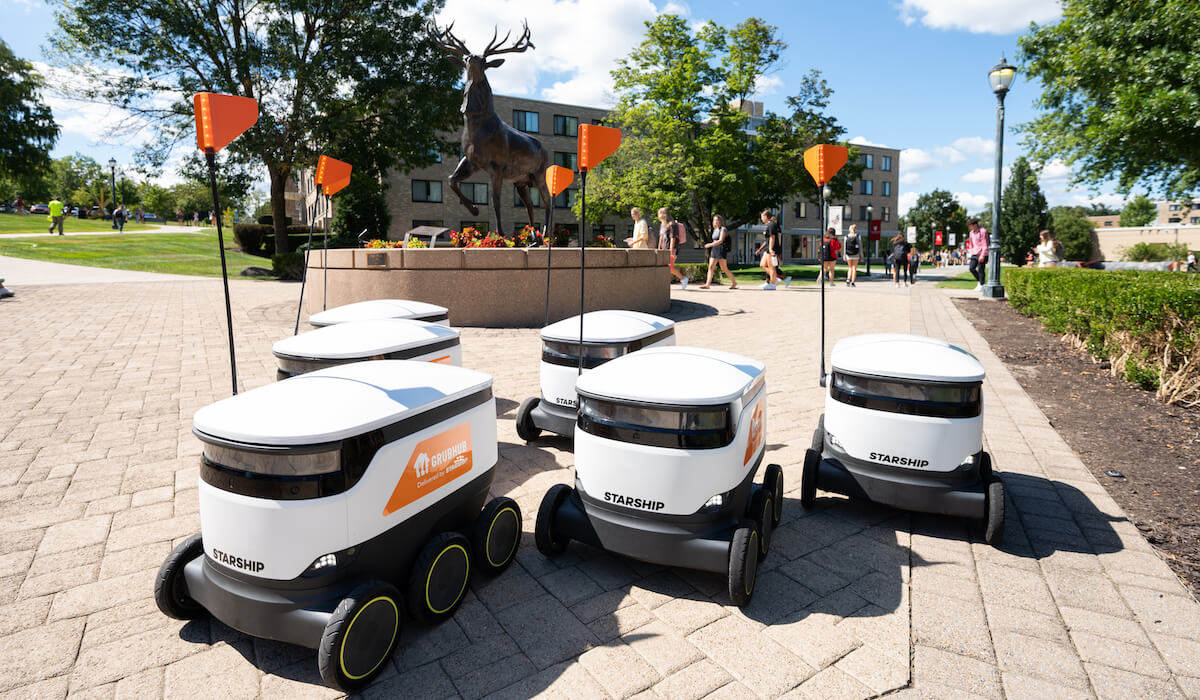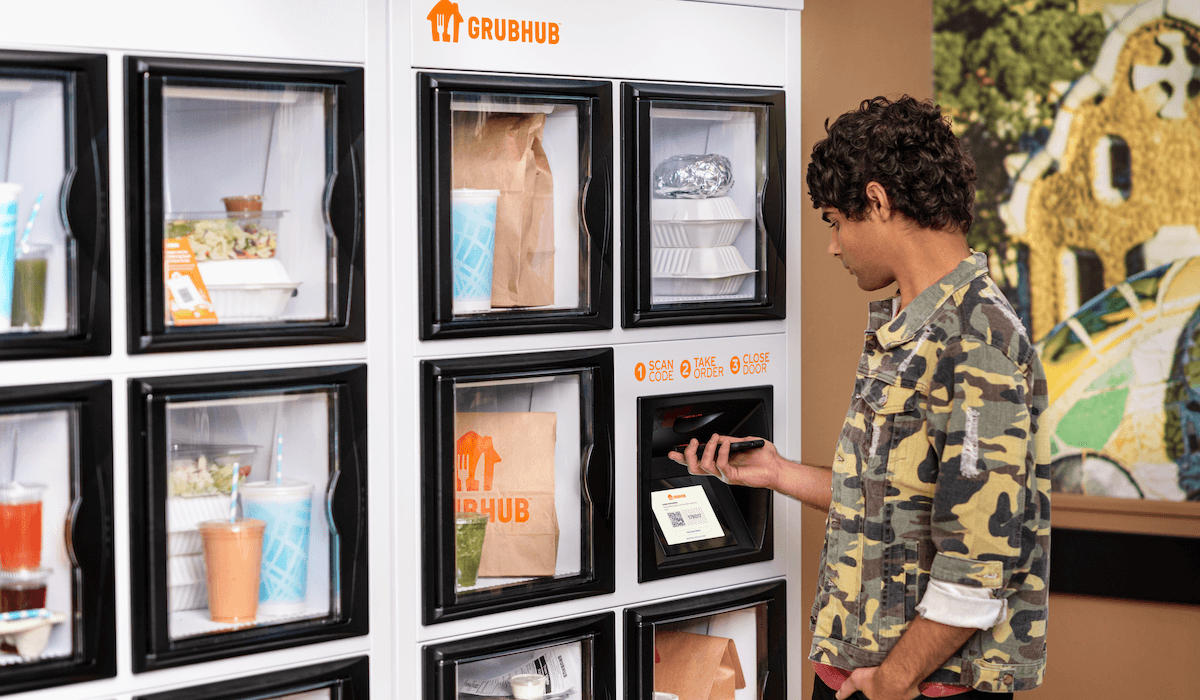Food plays a central role in the college experience. Convenient, high-quality dining options help students stay healthy and happy while they pursue their degrees. With a few adjustments, you can align the campus dining system with current student needs and preferences.
How to define the “college experience”
The “college experience” is an all-encompassing concept that captures what life is like for students.
Some of the factors that define the college experience are:
- Academics. Students spend a great deal of time attending classes, studying, and taking exams. Depending on their major, they might also work on research projects, attend conferences, or participate in internships.
- Dorm life. Aside from academics, the dormitory—or an alternative type of student housing—is one of the biggest factors in the college experience. Students learn to live in close quarters, make friends, and manage conflicts.
- Eating on campus. College is often a student’s first chance to be completely in control of the food they eat. University life revolves around shared meals with friends in the dorm cafeteria, student union, and other campus dining outlets.
- Clubs and activities. Many students get involved in university-affiliated clubs and activities such as intramural sports, Greek organizations, performing arts, hobby-oriented clubs, academic groups, and social justice initiatives.
- Social life. Social opportunities are an opportunity to relax and unwind. Students often spend their free time attending parties, movie nights, picnics, sporting events, and nights out.
When each of these factors are optimized to meet students’ needs, they create a positive college experience. Non-academic factors, in particular, have a big impact on student satisfaction. When dorms are comfortable and well-maintained and campus food is delicious and convenient, for example, students are better able to focus on getting an education.
Universities prioritize delivering an exceptional college experience—as doing so increases the likelihood that attendees will perform well academically, complete their degrees, and continue on to fulfilling careers. Happy students also tend to give glowing reviews, which helps ensure a steady stream of applicants each year.
Why is food such a pivotal aspect of on-campus life?
College is the one time in life when all your friends are working toward the same goal and living within a few minutes of each other. Because most people aren’t going to a parent’s home for meals, food becomes a social activity. Roommates bond over waffle day in the dorm cafeteria, friends meet for lunch in the student union between classes, and campus convenience stores keep students going during all-night study sessions at the end of the semester.
These shared dining experiences might seem quotidian in the moment, but they’re a powerful factor in building community. Food is so central to campus life, in fact, many schools include trips to the dorm cafeteria in their college experience programs; it’s becoming a decision factor for many prospective students.
Of course, food also serves a practical purpose. As students learn to manage their own diets and make time to eat, they rely on campus dining services to provide a mix of healthy and indulgent options. Even at non-residential community colleges, on-campus food options play a big role in the overall health and wellness of the student body.
How to elevate the college experience with better dining options
Given the importance of food, campus dining is critical to the overall college experience. If you’re looking for ways to improve your operations, start by tailoring them to the unique demands of higher education.
Follow these on-campus dining best practices to elevate the student experience at your school:
- Match business hours to student schedules. Help students satisfy their hunger between classes and after extracurriculars by expanding your dining hours. It’s also a good idea to offer a few late-night or 24-hour food outlets.
- Accommodate food allergies. In the United States, 32 million people suffer from food allergies. Tree nut allergies are especially prevalent; other common allergens include wheat, dairy, fish, and soy. Your dining operations should offer allergy-safe meal options to ensure all students can access healthy foods.
- Consider dietary preferences. Make sure to offer meals for college students who follow gluten-free, vegan, and vegetarian diets. Consider religious requirements, too—offer halal or kosher foods, and add more non-meat options on Fridays.
- Provide healthy foods. Support student health by offering fresh, nutritionally balanced options. When healthy food is readily available, students are more likely to eat it.
- Support academic needs. Many college students study or do homework while they eat. Encourage them to choose your campus dining options by providing strong Wi-Fi and plenty of power outlets.
As you make improvements, keep in mind that a top-notch campus dining program supports both the emotional and the physical health of residents. Over time, it contributes to student success and improves university recruiting and retention.
Dining tools to implement
Today’s college students have grown up with technology—they’re accustomed to speed and convenience. You can meet and exceed these expectations by integrating technology into your dining operations. In particular, students respond well to services that save time and minimize interaction, such as:
- Mobile ordering
- Food lockers
- Contact-free delivery
Grubhub On Site helps you bring all these technologies to your college campus dining services. By leveraging Grubhub On Site you enable a streamlined system that reduces labor costs and increases convenience. Students can order food for delivery or takeout right from their phones, using a familiar and trusted app. You can even set up the back end to allow charges to campus meal plans.
Once you implement Grubhub On Site, it’s a breeze to expand and upgrade your university’s food service to keep pace with the latest trends. Grubhub’s strategic partnerships enable you to bring smart lockers or self-driving robots to campus so students can pick up a meal on the way to class or enjoy fresh food delivered fast.
Expanded campus food-service options are a simple way to support student success throughout the semester and elevate the dining experience. They ensure everyone in the student body can access delicious, healthy food, no matter what their schedule or personal preferences. To find out more about how Grubhub On Site can improve the college experience at your university, contact us today.





